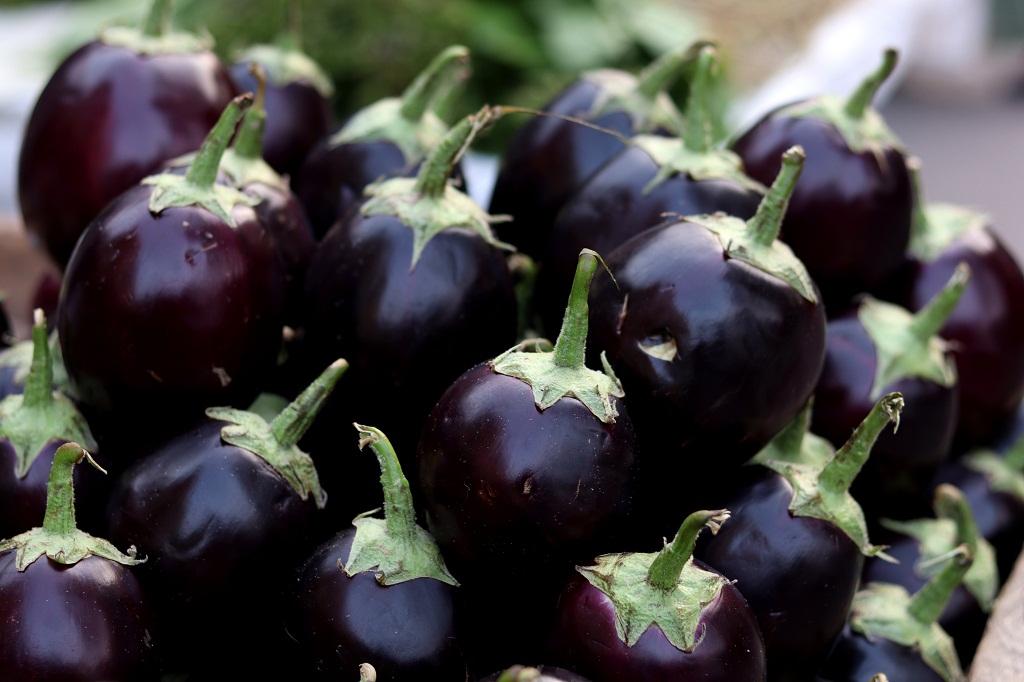

In this decade, 231 more crops have been removed from the protection of piracy provided in Section 3 of the Biodiversity Act, bringing the total to 421



The Supreme Court, in a November 22 order, has ordered the Karnataka High Court to continue hearing a public interest litigation (PIL) on biopiracy which it had sent to the National Green Tribunal in 2013.
Biopiracy refers to the practice of commercially exploiting naturally occurring biochemical or genetic material, especially by obtaining patents that restrict its future use, while failing to pay fair compensation to the community from which it originates.
The move comes at a time when several crops have been removed from the protection against piracy.
A decade ago, Environment Support Group (ESG), a non-profit that works to mainstream environmental and social justice in decision-making, filed a PIL before the Karnataka High Court.
The seed of the Bt Brinjal, developed by the public-private partnership, was created by accessing six varieties of indigenous brinjal seeds illegally, the PIL had stated.
Also read: Experts slam trial for new Bt brinjal variety, cite regulatory lapses
The high court then transferred the petition to the National Green Tribunal.
After nearly a decade, the apex court has now restored the petition back to the high court after ESG challenged the move in the Supreme Court, stating that the NGT did not have the power to look into petitions challenging the constitutional validity.
In this decade, 231 more crops have been removed from the protection of piracy provided in Section 3 of the Biodiversity Act.
The central government has exempted 421 plant species/varieties from the provisions of the Biodiversity Act, 2002, said Nidhi Hanji, a lawyer at ESG.
“This would imply that these plant species/varieties can be traded/exported without any prior permission from the authorities, leading to overexploitation of the resources,” Hanji added.
Also read: GM Mustard: Doctors demand ban on crops, uprooting of trial plantations
The Ministry of Environment, Forest and Climate Change (MoEF&CC), in a 2009 notification, had listed 190 plants as Normally Traded Commodities (NTC).
ESG pointed out that 15 of those plants had been classified as ‘threatened’ or ‘critically endangered’.
Stripping them of protection provided in Section 3 by listing them under Section 40 of the Biodiversity Act will prove detrimental to the existence of those plants.
Section 40 of the act states:
Notwithstanding anything contained in this act, the central government may, in consultation with the National Biodiversity Authority (NBA), by notification in the Official Gazette, declare that the provisions of this act shall not apply to any items, including biological resources normally traded as commodities.
If the trade of these species is unfettered, they may face extinction. For instance, Garcinia imberti Bourd — an evergreen tree endemic to the Agastyamala forests of the Western Ghats — which was listed as threatened in 2012, is now critically endangered, said Sachin PS, another lawyer at ESG.
Similarly, Chlorophytum borivilianum — a herb found in peninsular India — has moved from ‘near threatened’ to ‘critically endangered’,” said Sachin.
Also read: GM mustard: SC adjourns hearing; sowing trials may not take place this season
But the question is, how does the MoEF&CC decide on the varieties that should be removed from the Section 3 protection?
“The act does not describe a criteria or procedure for exempting crops from the protection in Section 3 and including them in Section 40,” said Hanji.
The act only mentions that the Union government has the power to make such exemptions, the lawyer added.
The Bt Brinjal was developed by the University of Agricultural Sciences (UAS), Dharwad, Karnataka, Tamil Nadu UAS, Maharashtra Hybrid Seeds Company (Mahyco) and Monsanto, along with Sathguru Management Consultants Private Ltd.
They developed it by accessing the germplasm of indigenous brinjal varieties — malpur, majarigota, kudachi, udupi, 112 GO and rabkavi — without obtaining any consent of local Biodiversity Management Committees, the State Biodiversity Board and the National Biodiversity Authority.
“There is a need for a nationwide auditing of bio resources to understand the damage caused by such laxity,” Leo Saldanha of the ESG said.
Noting that bioresources have come under pressure for various reasons, he said the NBA’s failure to protect them in the face of alarming reports over climate change was appalling, reported Deccan Herald.
We are a voice to you; you have been a support to us. Together we build journalism that is independent, credible and fearless. You can further help us by making a donation. This will mean a lot for our ability to bring you news, perspectives and analysis from the ground so that we can make change together.

Comments are moderated and will be published only after the site moderator’s approval. Please use a genuine email ID and provide your name. Selected comments may also be used in the ‘Letters’ section of the Down To Earth print edition.